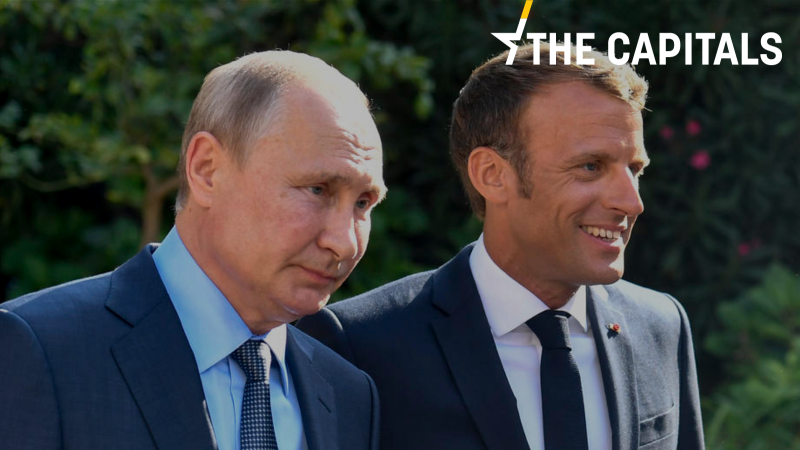
///
PARIS
Toward a Ukraine Summit. “The time has come, the time is right to work on reducing mistrust [with Moscow]”, French Minister of Foreign Affairs Jean-Yves Le Drian said following a meeting with Defence Minister Florence Parly and their Russian counterparts, Sergey Lavrov and Sergey Shoygu.
He added, however, that it was still too early to lift EU sanctions against Moscow.
It was the first official visit in Russia since the annexation of Crimea in 2014. Since then, EU-Russia relations have reached an all-time low, as EU member states have imposed sanctions against Moscow due to the annexation and Russia’s role in the conflict in eastern Ukraine.
EURACTIV France reported on 27 August that President Emmanuel Macron placed great emphasis on Russia during his annual speech in front of French diplomats, telling ambassadors that “Europe would disappear” if it fails to rethink its strategy towards Russia.
France intends to organise a Paris summit with Russia, Ukraine, and Germany.
Parly said, “We do not always have the same vision […] it’s important to talk to each other, to avoid misunderstandings.”
“We would like to organise in Paris a new Normandy Four meeting at the highest level,” he said.
(EURACTIV.fr, Sarantis Michalopoulos/EURACTIV.com)
///
MADRID
Spain to boost no deal Brexit plans. The Spanish government plans to strengthen its cooperation with the autonomous communities and regions in their contingency plans in the event of a no-deal Brexit, EURACTIV’s partner EFE reported.
Last week, Spain’s acting socialist PM Pedro Sánchez convened the Council of Ministers in Madrid to analyse specific measures in case of the UK leaves the EU without a divorce agreement, ahead of the 31 October Brexit date.
“Spain is prepared to face the negative consequences of a no deal Brexit. In any case, the executive wants to strengthen its cooperation with the autonomous governments”, Sánchez said.
The additional measures will focus on reducing the negative impact of a no deal Brexit on the economy, focusing on tourism, industry, and the banking sector, while a working group within the ‘Interministerial Commission for Brexit’ is expected to meet weekly to monitor the implementation of the contingency plans. (Fernando Heller /EuroEFE.EURACTIV.es)
///
WARSAW
Electoral programs. As Poland enters the crucial campaign stage ahead of the 13 October parliamentary elections, both main parties – the ruling right-wing Law and Justice (PiS/ECR) party and the centrist Civic Coalition (KO) are promising voters the moon, including higher minimum pensions, free internet for young people, lower taxes for self-employed and small entrepreneurs, funds for renovation of hospitals and train stations, construction of 100 beltways. PiS, which has a 19 point poll lead, has put more ambitious promises on the table: raise the minimum wage significantly, benefits for pensioners and higher EU payments for farmers. Both parties have so far neglected to mention how they intend to finance their promises. (Łukasz Gadzała, EURACTIV.pl/ Alexandra Brzozowski, EURACTIV.com)
///
BERLIN
Refugees’ integration a ‘success’. Berlin’s integration commissioner, Annette Widmann-Mauz (CDU), has said the integration of refugees into the German labour market has been a success.
“The development over the past four years has been significantly better than what the labour market experts had predicted,” she told the “Rheinische Post” newspaper published in Düsseldorf on Monday (9 September). According to the latest numbers, 399,000 asylum seekers are currently employed. The CDU politician added that more and more companies have also been training refugees to become skilled workers. (Claire Stam,EURACTIV.de)
///
ROME
A ‘mild-mannered’ executive. Italy’s PM Giuseppe Conte won the first confidence vote in parliament’s lower house, and a second one is due today in the Senate. The go-ahead from MPs came after a 90-minute speech in which Conte laid out the policy priorities of the new government. “The language of this government will be mild-mannered,” he said.
Avoiding unpopular hikes to the sales tax set to enter into force in 2020 and reducing the tax wedge are the main economic priorities outlined by Conte. He also promised that Italy will improve relations with the EU, so long as the bloc is committed to reforming its economic governance and its migration policies. (Gerardo Fortuna, EURACTIV.com)
>>Read more: Italy’s PM seeks EU reform as government wins confidence vote
///
LONDON
Prime Minister Boris Johnson said on Tuesday (10 September) he would not request an extension to Brexit, hours after a law came into force demanding that he delay Britain’s departure from the European Union until 2020 unless he can strike a divorce deal.
>>Read more: Johnson tells parliament: You can tie my hands, but I will not delay Brexit
///
ATHENS
Two crucial meetings. Greek PM Kyriakos Mitsotakis is planning two critical meetings at the end of September: one with US President Donald Trump and his Turkish counterpart Recep Tayyip Erdoğan. With Trump, according to Greek press reports, the government will try to push for investment while with Erdoğan, it aims to put pressure on Ankara in light of Turkey’s aggressive activities off the coast of Cyprus.
///
NICOSIA
Rejected because he acted as an EU Commissioner. The European Commission’s pressure on member states to crack down on schemes granting “golden visas and passports” to foreign investors seems to have prevented outgoing Cypriot Commissioner Christos Stylianides from running for another term, sources have told EURACTIV.com.
When President Anastasiades asked Stylianides why the golden passport issue was pushed forward in the EU executive, Stylianides replied that he was an EU Commissioner and not in charge of national interests.
Asked for a comment, European Commission sources told EURACTIV.com: “Commissioner Stylianides, acting institutionally, does not wish to comment at this time. Until the end of this Commission’s mandate, he remains committed to his duties and to the completion of his work.”
>>Read more: How the outgoing Cypriot Commissioner got burnt
(Sarantis Michalopoulos, EURACTIV.com)
///
BRATISLAVA
Departure from the Joint Research Center. Vladimír Šucha, a former head of the European Commission’s Joint Research Center (JRC), has announced that he’s joining Progressive Slovakia, a new Slovak political party, saying he feels the needs to offer his experience in the fields of education, research and innovation.
“I am leaving a position, one I will not hold again in my life. My life is not about positions, although it is hard to believe. On the contrary, in my team in the European Commission, my decision caused a small revolution, since no one has done anything like that,” Šucha said when asked why is he leaving a lucrative job for an uncertain political future. (Zuzana Gabrižová,EURACTIV.sk)
///
PRAGUE
Czech digital tax. The Czech finance ministry has proposed a law imposing a 7% digital service tax on internet companies with global revenues over €750 million per year. Companies with revenue generated in the Czech territory higher than €2 million will have to pay taxes for its services, such as advertising, multilateral digital interfaces or user data sales. If the parliament approves the law, it will come into effect in mid-2020. (Aneta Zachová, EURACTIV.cz)
///
SOFIA
Satisfied with the future portfolio.“I am convinced that we will get a portfolio that we will like, will be modern and worthy of Bulgaria. And its funding will be at least three times larger than before”, Prime Minister Boyko Borissov said when asked about the future Bulgarian commissioner. The Bulgarian candidate Mariya Gabriel is expected to get the Education, Youth, Sport and Culture portfolio. Previously, Borissov said he wanted another portfolio covering the digital single market and cybersecurity. (Dnevnik.bg)
>Read more: Commissioners assemble: Von der Leyen’s list released
Espionage investigation focuses on the ‘Russophiles’. The former chief editor of the daily of the opposition Bulgarian Socialist Party (BSP), Yuriy Borissov, and the paper’s publisher Nikolay Malinov have been detained and interrogated in a case of espionage to the profit of a foreign country, the Bulgarian media reported. Malinov is the leader of the movement ‘Russophiles” and Borissov one of its executive secretaries. Interior minister Mladen Marinov promised more information on Tuesday. (Georgi Gotev, EURACTIV.com)
///
BUCHAREST
Dancila seeks confidence vote. Romanian PM Viorica Dancila has said the government will ask for a confidence vote in parliament next week. It is still unclear whether the vote will be for a cabinet restructuring or just a reshuffle, but Dancila said she is not afraid of a no-confidence motion. The PSD socialist party recently lost its majority in the Parliament, after its junior partner ALDE left the coalition and ALDE ministers resigned. (EURACTIV.ro)
///
LJUBLJANA
No “hot political autumn”.The regular monthly survey of daily Delo has showed that support for the government coalition party (LMŠ-RE) is steadily growing to 18.9% compared to 14.6% and 16.8% in the last two months. The leading opposition SDS (EPP) party is in second place with 14.7%, (0.5% lower than last month). LMŠ is on the right track to becoming a leading liberal party in Slovenia. (Željko Trkanjec,EURACTIV.hr)
///
ZAGREB
Croatia and Germany to work together. As EURACTIV.hr has already reported, Croatia and Germany will work together on the EU Council Presidency. Zagreb takes over from January 2020 while Germany assumes the Presidency in the second half of 2020.
That was confirmed following a meeting of ministers of foreign affairs, Gordan Grlić Radman and Heiko Maas, in Berlin. Maas said the joint preparations require high-level coordination between the two countries, not just bilaterally but at EU level as well. A German foreign ministry official will be deployed in Zagreb in the first half of next year to assist with operational preparations and coordination, added Maas.
Incumbent tops polls. Croatian President Kolinda Grabar-Kitarović scored 30.2% in recent polls (in August 29.3%) even though she has not announced her candidacy. She is followed by Zoran Milanović, former PM and SDP leader, with 25.5% (24.8% in August). Third is pop singer and candidate Miroslav Škoro (19.2%) who is courting the votes of the radical right. More in EURACTIV’s partner jutarnji.hr, (Željko Trkanjec, EURACTIV.hr)
///
BELGRADE
Serb Ticket and opposition coalition to run in Kosovo elections. The Serb Ticket has submitted its list of candidates for Kosovo’s parliament, following a decision to hold a snap vote in Kosovo. The Freedom coalition, which consists of Kosovo Serb opposition parties, also submitted a list. Together with the Serb Ticket and the Freedom Coalition, the Independent Liberal Party and the Party of Kosovo Serbs will be representing the Serbs in Kosovo in the October elections. (beta.rs,EURACTIV.rs)
///
SARAJEVO
BiH citizens in camps in Syria and Iraq. Up to 500 BiH citizens are in refugee or prison camps in Syria and Iraq and are awaiting possible deportation to their country of birth, Sarajevo-based Dnevni Avaz has said, citing unnamed government sources. All of them are connected to terrorist organisations in the Middle East. (Željko Trkanjec,EURACTIV.hr)
***
[Edited by Sarantis Michalopoulos, Benjamin Fox]






Komentari
0